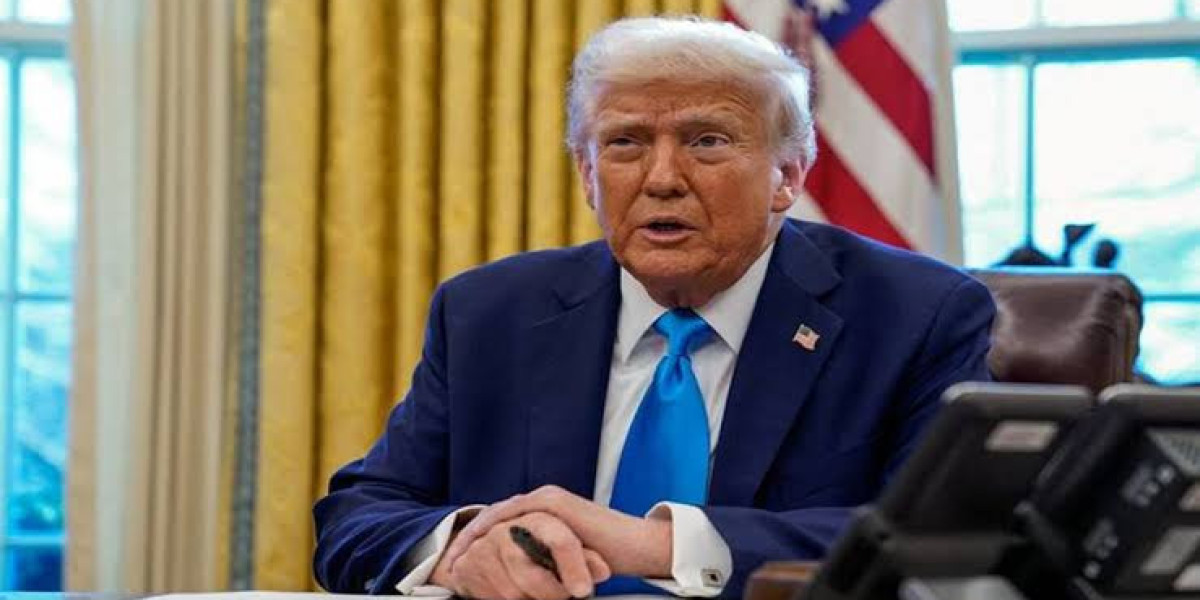In a significant win for President Donald Trump, the Supreme Court on Friday, June 27, 2025, sharply limited the power of federal judges to issue nationwide injunctions, a tool frequently used to block his administration's policies. The 6-3 decision, which arose from a legal battle over Trump's controversial birthright citizenship policy, is expected to have far-reaching implications for the balance of power between the executive and judicial branches.
The ruling, authored by Justice Amy Coney Barrett, sided with the Trump administration's argument that lower courts have overstepped their authority by issuing sweeping orders that halt the implementation of federal policies across the entire country. While the court did not rule on the legality of Trump's executive order seeking to limit birthright citizenship, it found that such broad injunctions are generally improper.
"This is a giant win for the presidency and our country," Trump said in a statement following the decision. "For too long, we have had activist judges who have tried to legislate from the bench, and this ruling puts a stop to that."
The court's three liberal justices dissented, arguing that the decision weakens a crucial check on presidential power. Justice Sonia Sotomayor wrote in her dissenting opinion that the ruling "will have a chilling effect on the ability of courts to protect fundamental rights."
The case stemmed from challenges to an executive order signed by Trump that aimed to deny citizenship to children born in the United States to non-citizen parents. Lower courts had issued nationwide injunctions, preventing the policy from taking effect. Friday's ruling lifts those broad injunctions, though the legal challenges to the policy itself will continue in the lower courts.
This landmark decision comes amidst a series of high-stakes legal battles for the former president that have reached the nation's highest court.
### Presidential Immunity and Ballot Eligibility
Earlier, on July 1, 2024, the Supreme Court delivered another pivotal ruling concerning the scope of presidential power, granting presidents absolute immunity from criminal prosecution for "official acts" committed while in office. In a 6-3 decision, the court established that a president's actions falling within their core constitutional responsibilities are shielded from legal challenge. The case, which stemmed from investigations into Trump's efforts to challenge the 2020 election results, set a new precedent for the extent of executive protection.
In a separate but equally consequential case, the Supreme Court on March 4, 2024, unanimously ruled that states cannot disqualify federal candidates from the ballot under the 14th Amendment's "insurrectionist ban" without action from Congress. This decision ensured Trump's eligibility to appear on presidential ballots nationwide, thwarting efforts in several states to remove him over his alleged role in the January 6, 2021, Capitol riot.
These recent Supreme Court rulings have reshaped the legal landscape surrounding presidential authority and accountability, with direct and significant consequences for Donald Trump's political future and legal challenges. The decisions have been hailed by his supporters as necessary corrections to judicial overreach and a reaffirmation of executive prerogative, while critics have voiced concerns about the potential for unchecked presidential power.










